Cat Foster & Adopt News & Entertainment
Should Shelters Pause Black Cat Adoptions During Halloween to Guard Against Malicious Intent?
Halloween, a holiday celebrated with much fervor, is synonymous with pumpkins, costumes, and candy. Yet, beneath the festive veneer lies a more sinister narrative, one that involves the most enigmatic of household pets: the black cat.
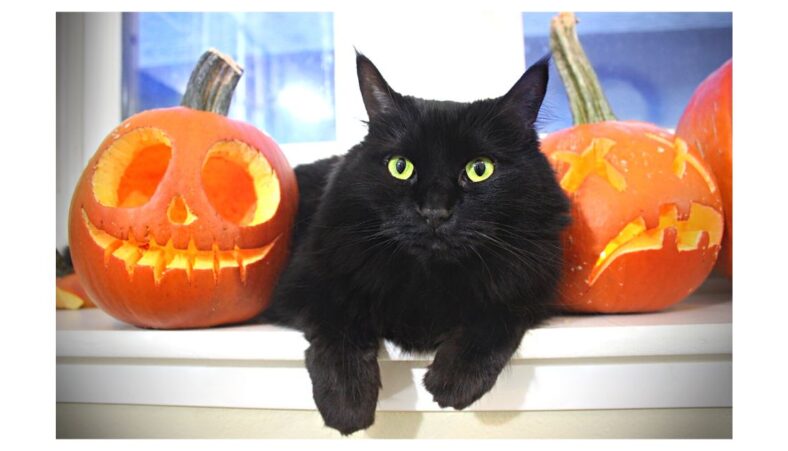
For years, tales have circulated about the dangers black cats face during the Halloween season. From being used as “living props” at parties to becoming victims of cruel pranks or even ritualistic sacrifices, the stories are as chilling as they are heartbreaking. But how much truth is there to these tales, and should animal shelters be more cautious when adopting out black cats during this time?
Are Black Dogs The Last to be Adopted from Shelters?
Are Black Cats Really The Harbingers of Bad Luck?
The myth of black cats being harbingers of bad luck is not new. Historically, they’ve been associated with witches, magic, and the supernatural. In medieval Europe, black cats were often believed to be witches’ familiars—creatures that aided witches in their dark arts. Such beliefs led to many black cats being hunted down and killed, especially during the infamous witch trials. Fast forward to modern times, and the black cat has become an emblematic figure of Halloween, often depicted alongside witches on broomsticks or lurking in haunted houses. However, with this association comes a set of challenges and dangers.
Concern About Adopting Cats During Halloween
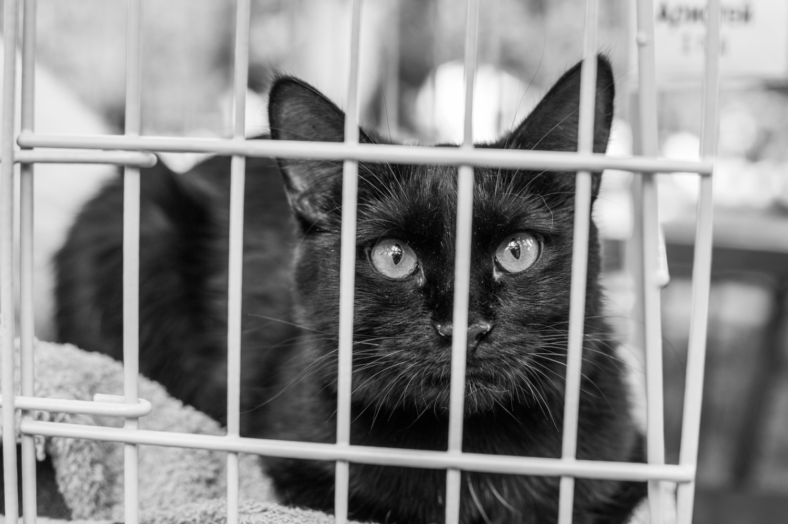
Several animal welfare organizations and shelters have expressed concerns about the adoption of black cats during the Halloween season. Furkids, the largest no-kill shelter in Georgia, has gone on record stating that Halloween is an especially perilous time for these felines. The Spokane Humane Society, on the other hand, has debunked myths suggesting that “witches” adopt black cats for ritualistic sacrifices, clarifying that real witches do not harm their “familiars.”
The Eyes That Spoke Volumes: The Silent Plea of a Black Shelter Dog
Despite these clarifications, some shelters remain wary. The reason? A history of reported abuse around Halloween. While many of these reports are anecdotal, the fear persists. Some shelters have even implemented policies restricting the adoption of black cats in the days leading up to Halloween. Their goal is to prevent these animals from falling into the wrong hands, where they might be used as mere props for parties or, worse, subjected to harm.
Or Is It An Urban Myth?
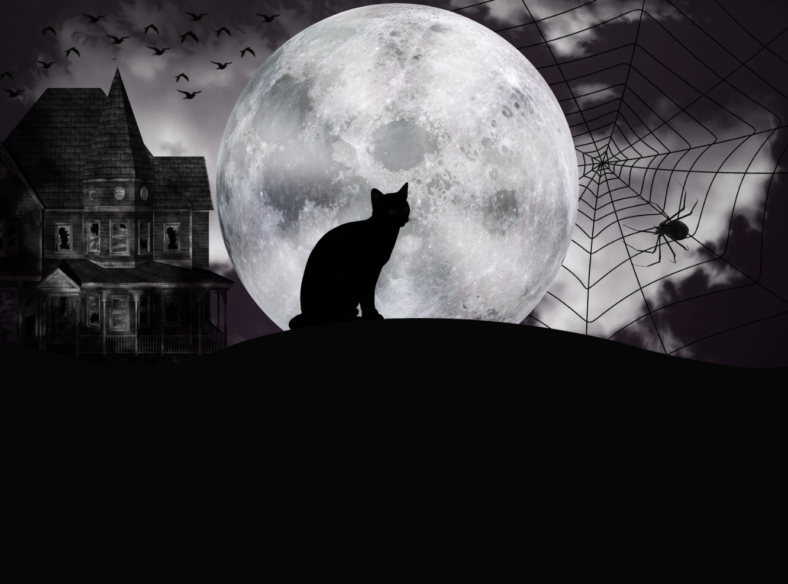
Probably. A report by USA Today suggests that the idea of black cats being harmed during Halloween might be more myth than reality. They argue that while the cautionary tales are well-intentioned, they might be perpetuating unfounded fears. The article raises a valid point: by restricting the adoption of black cats during a time when they could find loving homes, are shelters inadvertently reducing their chances of adoption?
Also, Snopes (a website that investigates rumors and urban legends) did a fact check about all of the “alleged” cases of black cat abuse during Halloween. It seems it’s just a bundle of rumors.
The Humane Society of the United States sheds light on the prevailing concerns surrounding black cats and Halloween. Notably, many tales revolve around outdoor cats vanishing during this season. However, the absence of a centralized database for lost cats makes it hard to discern if these felines were abducted for malevolent rituals or merely strayed.
The intricacies of cat adoption further challenge these narratives. Aspiring cat owners undergo interviews with shelter staff, provide personal details, and must demonstrate their ability to care for the pet. Moreover, shelters implant microchips in their animals for easy identification if they go missing. Given these safeguards, it’s worth questioning the likelihood of wrongdoers navigating this process for malicious ends.
Black Cat Syndrome
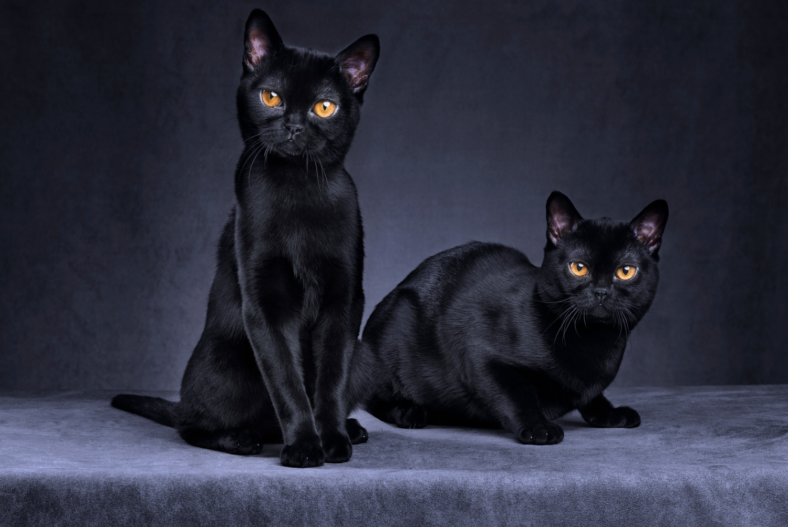
It’s worth noting that black cats already face challenges in the adoption world. Studies have shown that they are less likely to be adopted compared to their lighter-colored counterparts. This phenomenon, often referred to as “Black Cat Syndrome,” is believed to be due to a combination of superstitions, as well as the fact that black cats are less photogenic, making them less appealing on adoption websites.
Given these challenges, some animal welfare advocates argue that shelters should focus on promoting the adoption of black cats, dispelling myths, and educating the public, rather than imposing adoption restrictions. After all, the more prolonged a cat stays in a shelter, the higher its risk of developing health or behavioral issues, which further diminish its chances of finding a forever home.
Fact or Fiction?
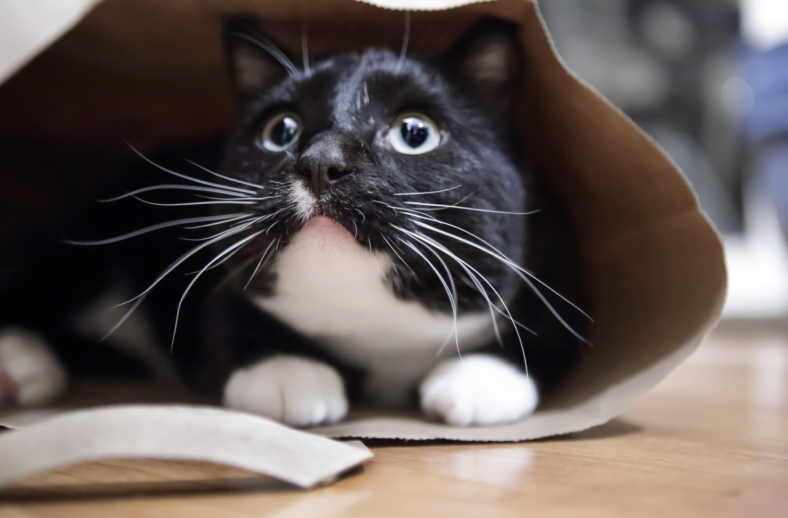
Probably fiction. So, where does this leave us? If there’s even a slight risk of them being harmed, precautions are necessary. On the other hand, perpetuating myths might be doing more harm than good, especially for animals that already face adoption challenges.
As Halloween approaches, it’s crucial for potential adopters to be educated about the responsibilities of pet ownership. Adopting a pet, regardless of its color or the time of year, is a long-term commitment. For shelters, the key lies in striking a balance between ensuring the safety of the animals and giving them the best chance at finding loving homes. As for the rest of us, we can play our part by treating all animals, black cats included, with the kindness and respect they deserve—not just during Halloween but all year round.
Related Articles:
- 26 Pound Stray Cat Finds The PURRFECT Home.
- The Cat Test – A Feline-Friendly Guide to Finding the Perfect Canine Companion
- Barn Cat Programs: Finding Feral Felines Homes and Purpose
- Are Black Dogs The Last to be Adopted from Shelters?




